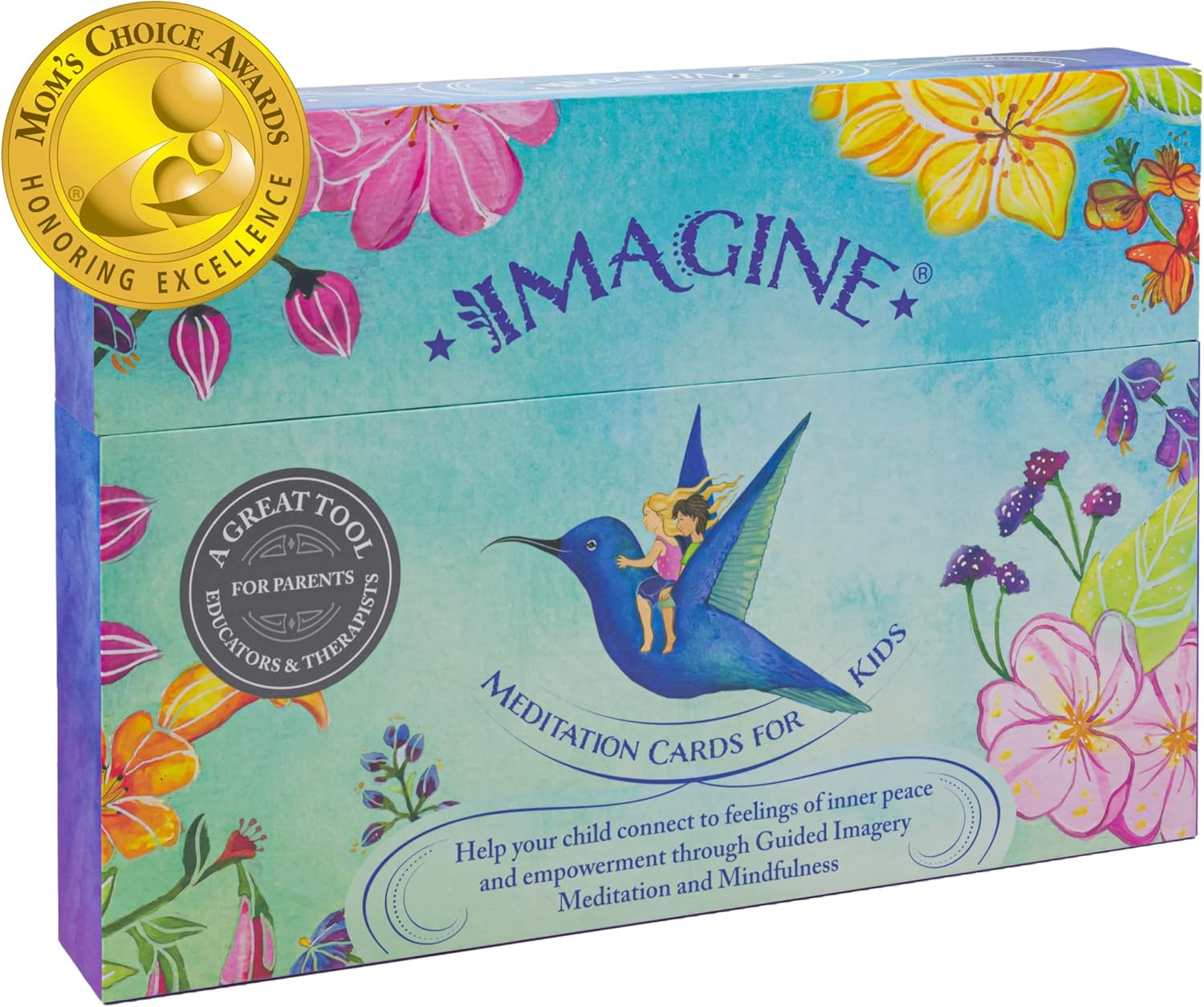Financial well-being is an important part of overall health and happiness. It is the ability to manage one’s finances effectively and make sound decisions about money. Financial well-being is essential for living a secure, comfortable and stress-free life. In order to achieve financial well-being, an individual needs to understand their financial situation and have the ability to make informed decisions about money.
In today’s world, financial well-being is becoming increasingly important for individuals and families alike. With economic uncertainty and the rising cost of living, it is essential that individuals and families have the knowledge and resources to make informed financial decisions. Financial well-being is not only about being able to afford the basics, but also about having the resources to save for the future and achieve financial goals.
Financial well-being is closely linked to holistic well-being. Holistic well-being includes physical, emotional, mental and spiritual health. Financial well-being can have a positive effect on these aspects of health. Those with a healthy financial situation are generally more confident, less stressed and better able to enjoy life. On the other hand, those with financial difficulties can experience stress, anxiety, depression and other mental health issues.
The Components of Financial Well-being
Financial well-being is a multifaceted concept and can be broken down into several components.
Financial Literacy
The first component of financial well-being is financial literacy. Financial literacy is the ability to understand and use financial information and make informed decisions about money. This involves basic knowledge about budgeting, savings, investing, credit management, debt management and other financial topics. Financial literacy is essential for making informed decisions about money and reaching financial goals.
Financial Security
The second component of financial well-being is financial security. Financial security is the ability to withstand financial shocks and manage unexpected expenses. This includes having an emergency fund, relevant insurance policies and a financial plan for the future. Financial security is essential for managing unexpected expenses and achieving financial goals.
Financial Freedom
The third component of financial well-being is financial freedom. Financial freedom is the ability to make choices about money without being constrained by financial obligations. It is the ability to choose how to use money and to make choices that will lead to financial success. Financial freedom is essential for achieving financial goals and living the life you want.
Financial Resilience
The fourth component of financial well-being is financial resilience. Financial resilience is the ability to withstand financial shocks and recover quickly. This involves having access to resources and a plan for how to handle unexpected expenses. Financial resilience is essential for dealing with unexpected expenses and bouncing back from financial shocks.
Financial Inclusion
The fifth component of financial well-being is financial inclusion. Financial inclusion is the ability to access financial services and products. This includes having access to banking services, credit and insurance. Financial inclusion is essential for financial security and achieving financial goals.
Financial Sustainability
The sixth component of financial well-being is financial sustainability. Financial sustainability is the ability to maintain financial stability over the long term. This involves having a plan for managing expenses, saving and investing for the future and creating sources of income. Financial sustainability is essential for achieving financial goals and maintaining financial security.
Financial well-being is an important part of overall health and happiness. It is essential for individuals and families to have the knowledge and resources to make informed financial decisions. Financial well-being is closely linked to holistic well-being and can have a positive effect on physical, emotional, mental and spiritual health. Financial well-being can be broken down into several components including financial literacy, security, freedom, resilience, inclusion and sustainability. Understanding and managing these components of financial well-being is essential for living a secure, comfortable and stress-free life.



